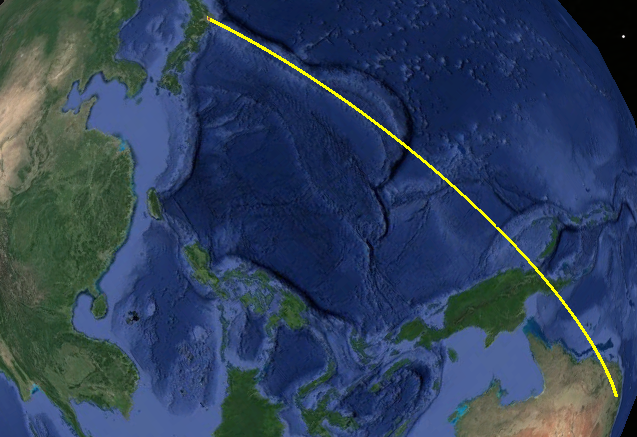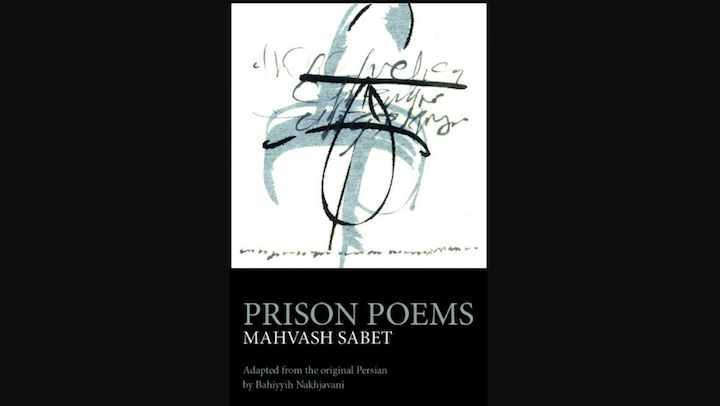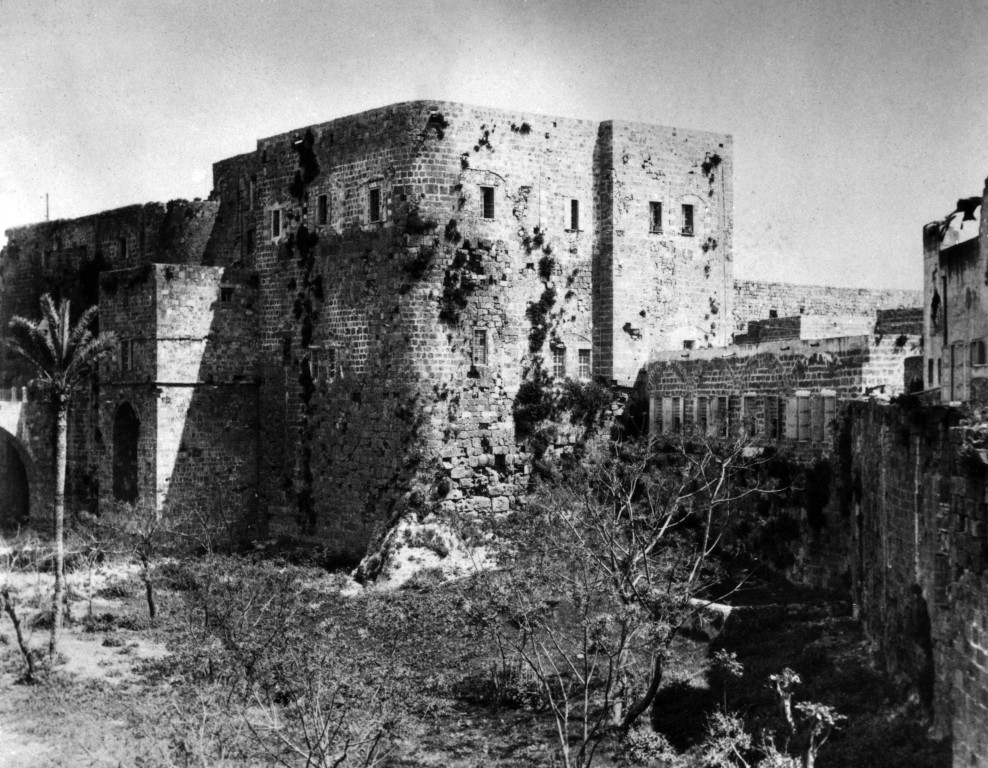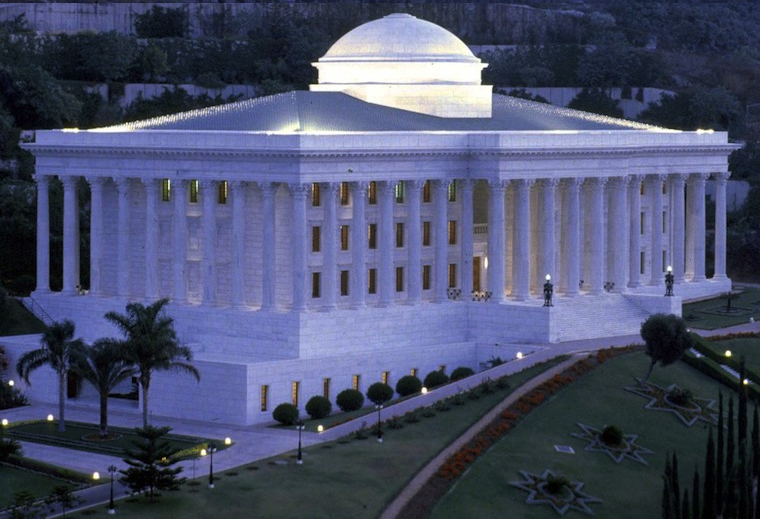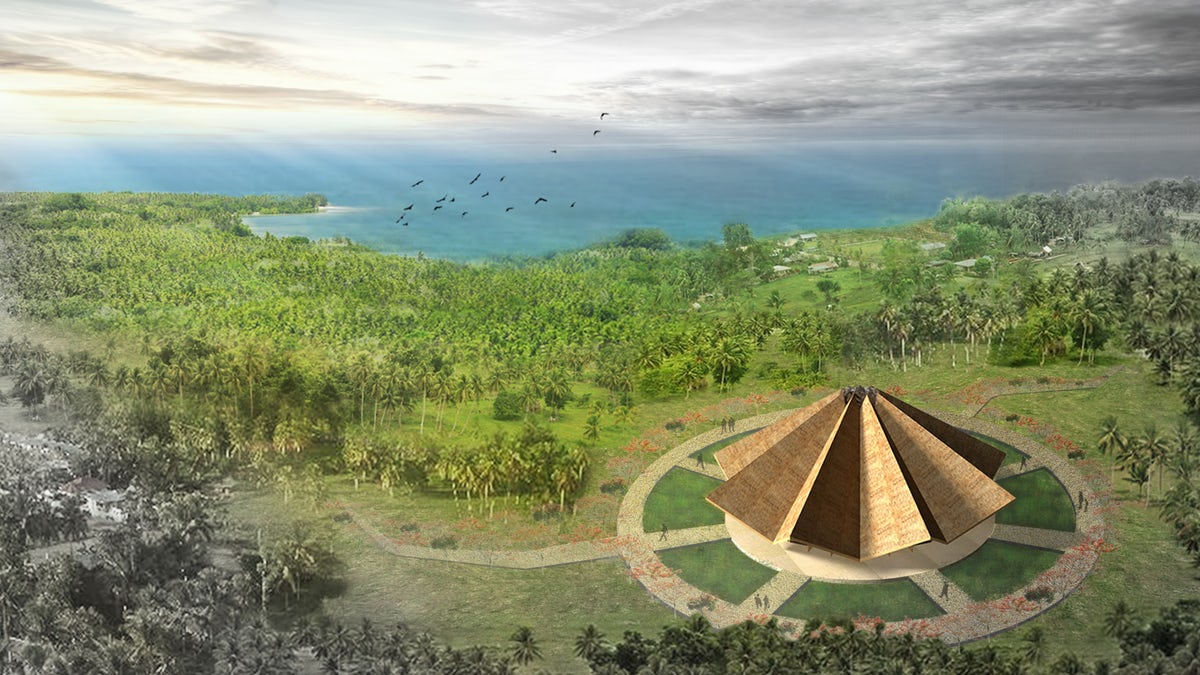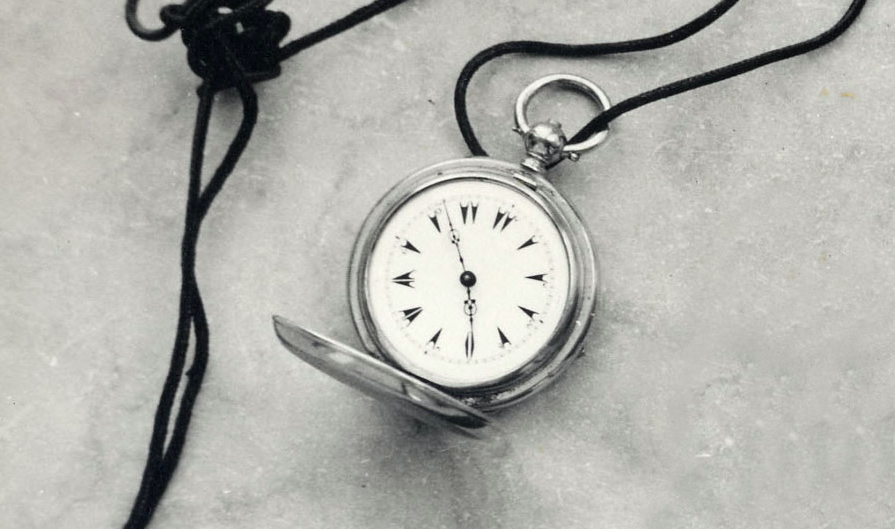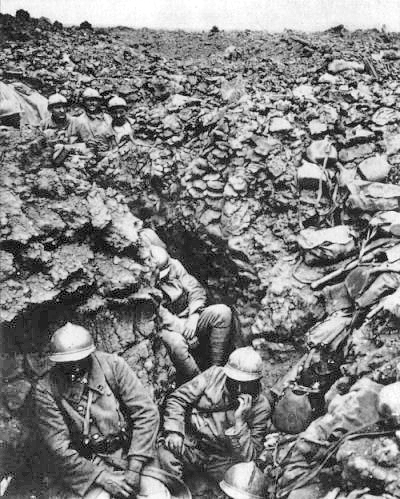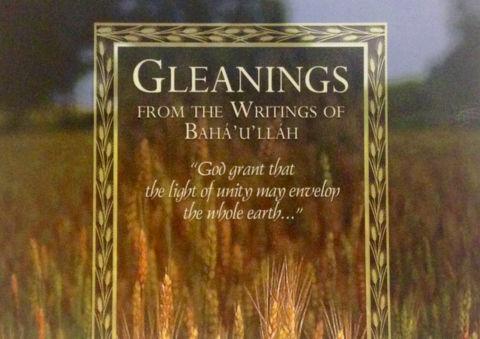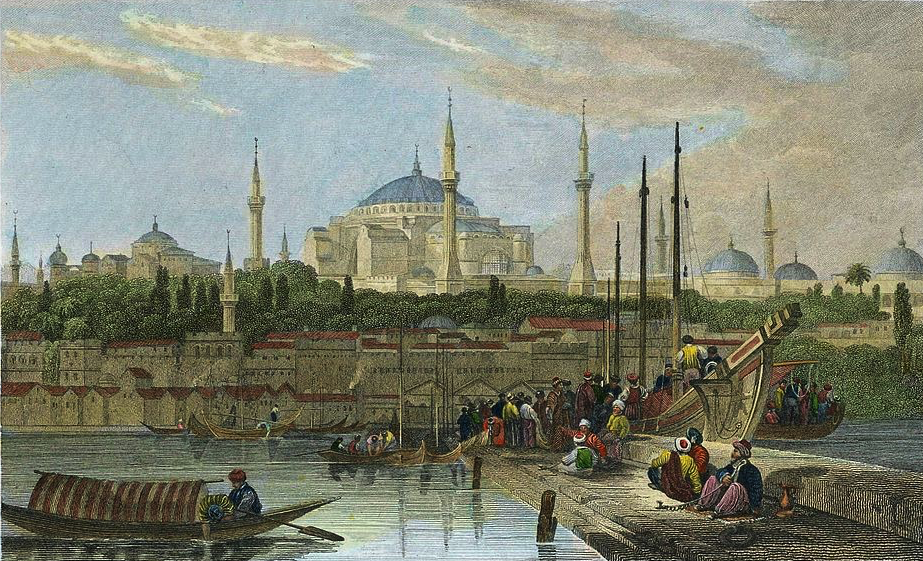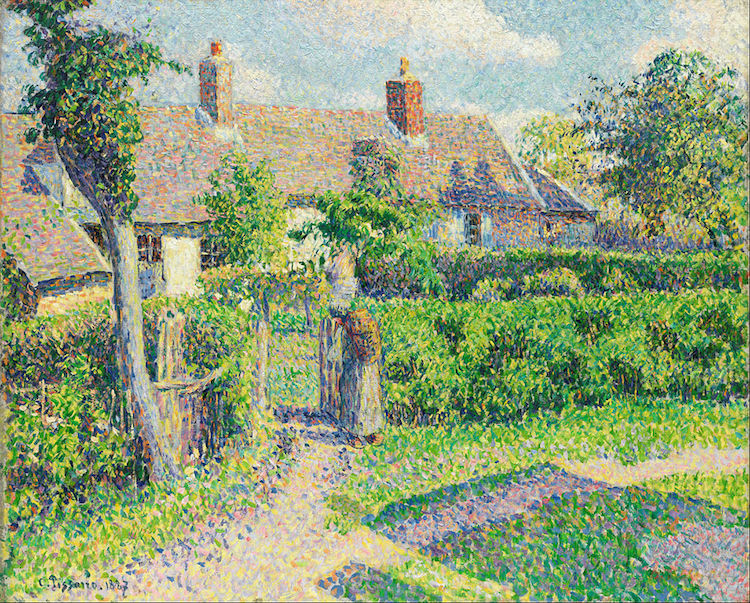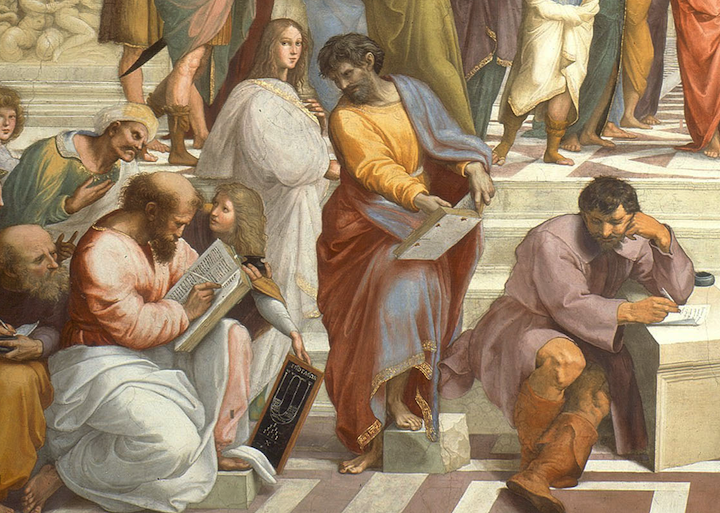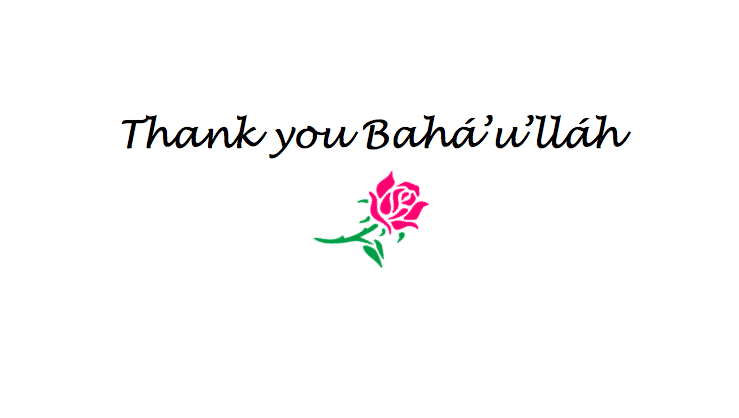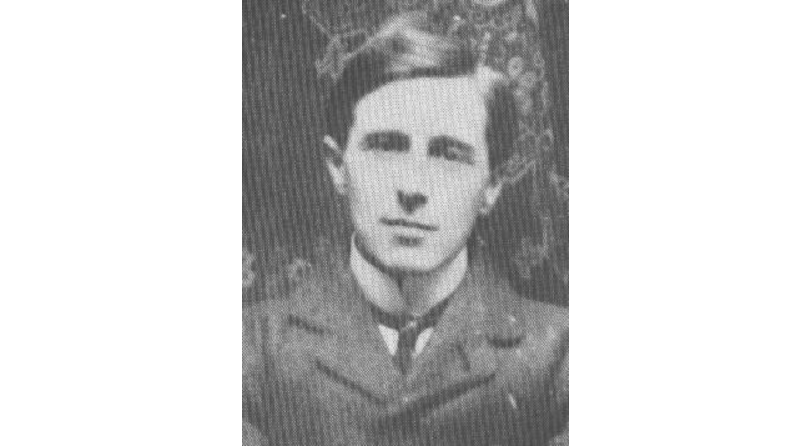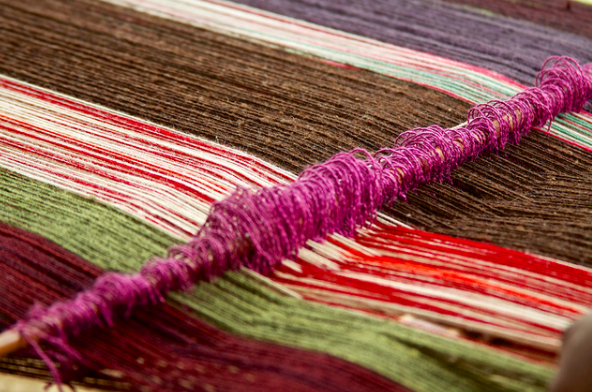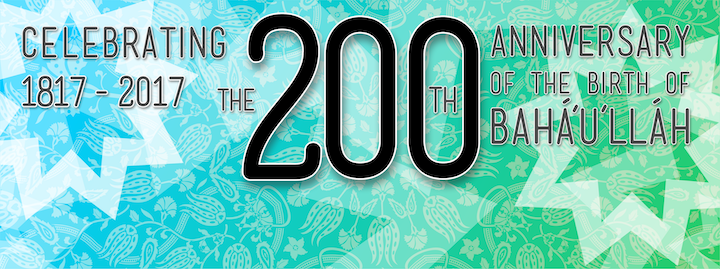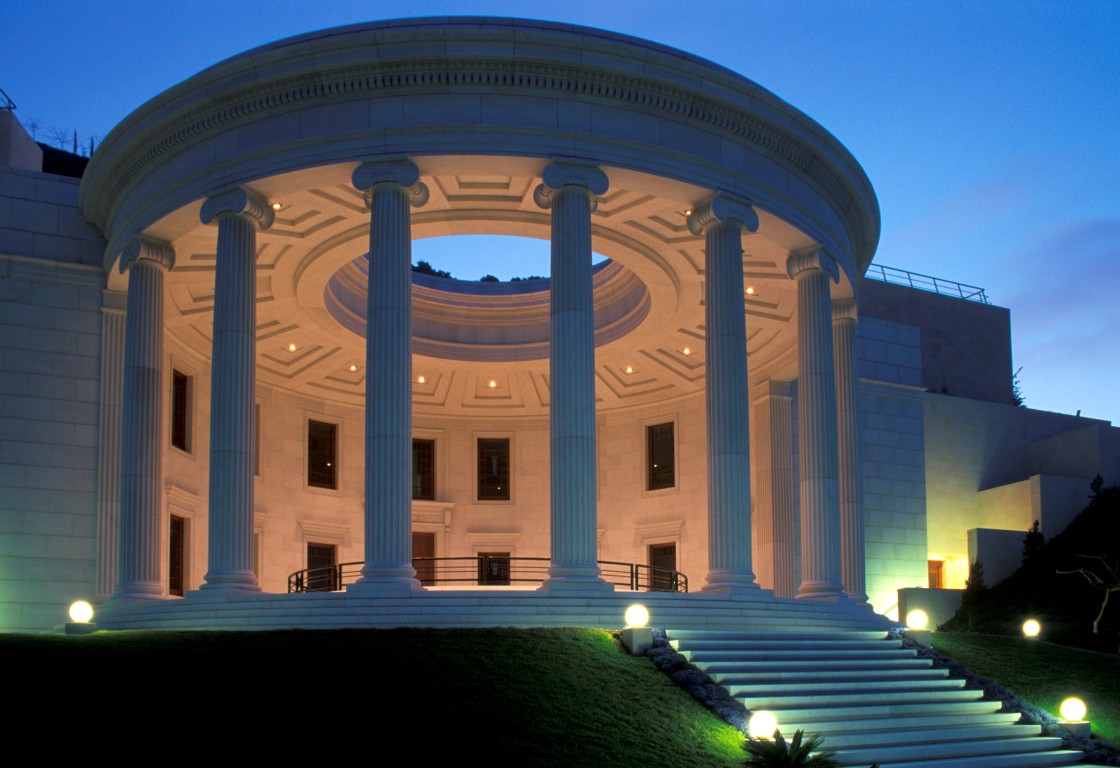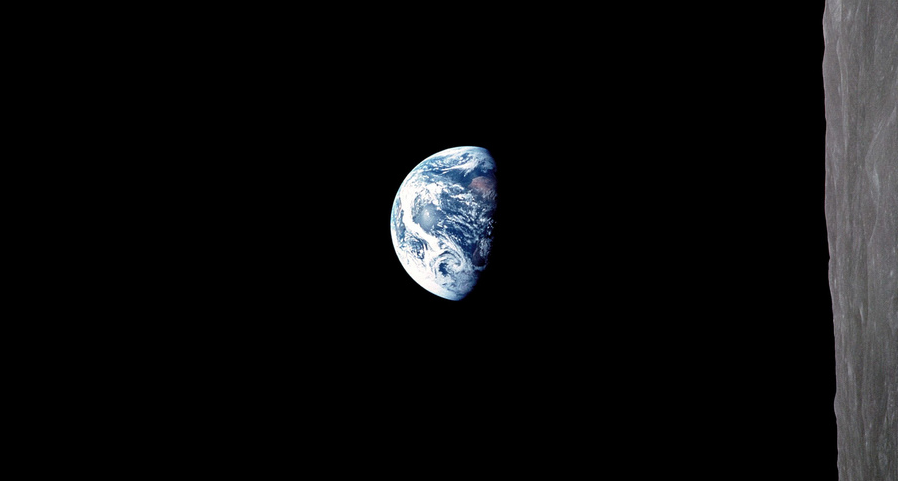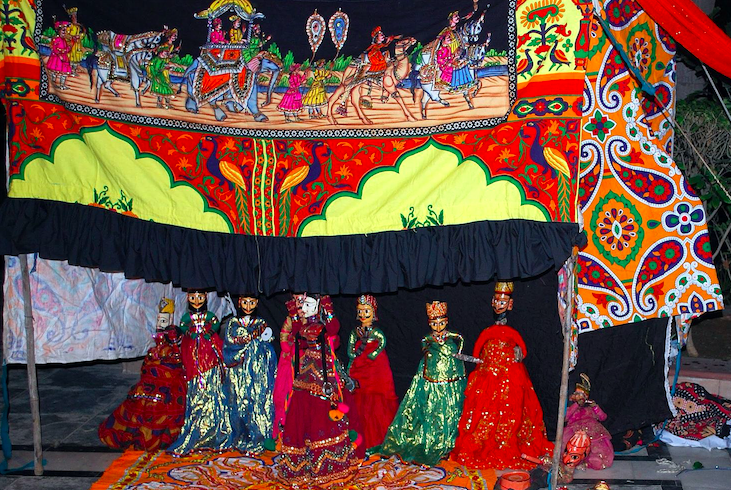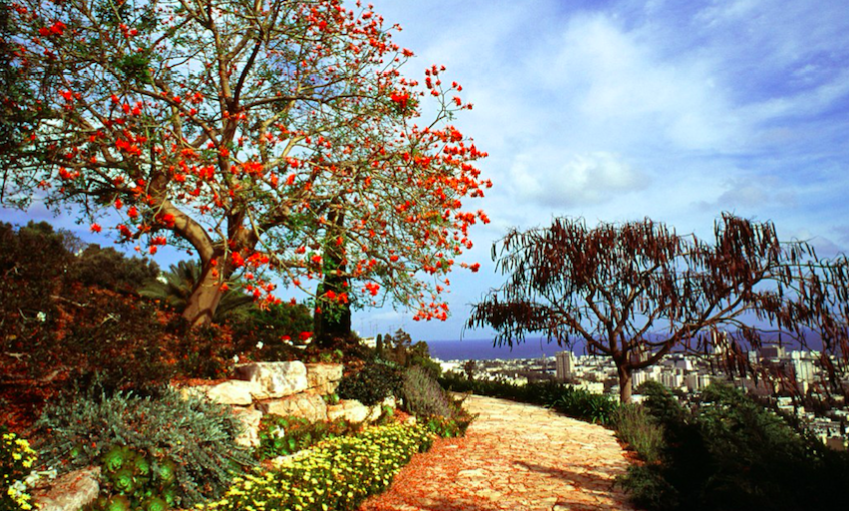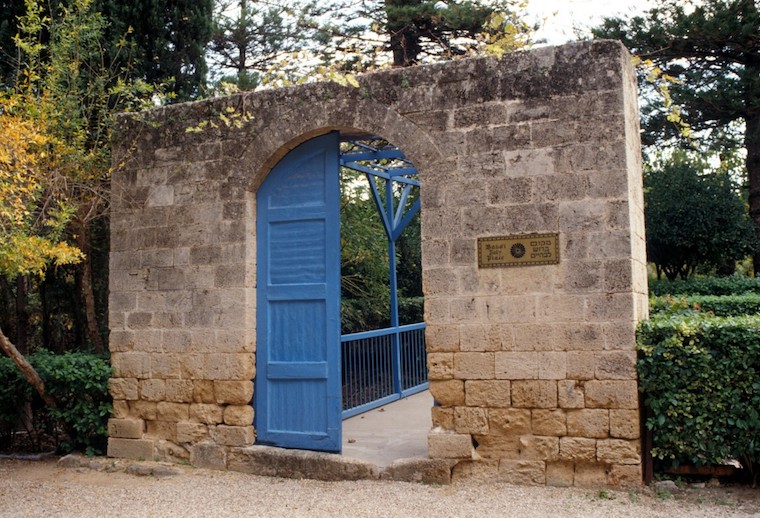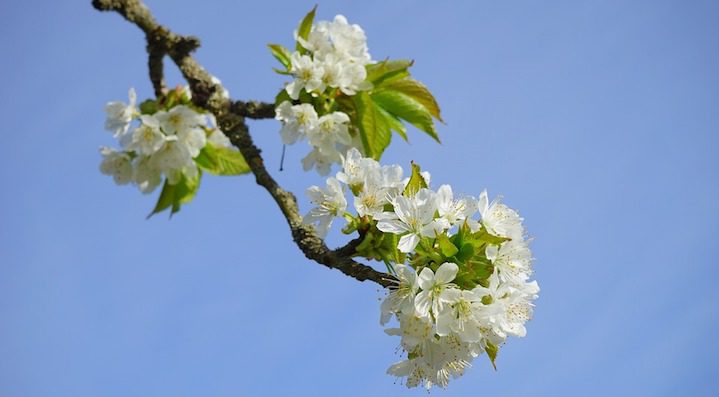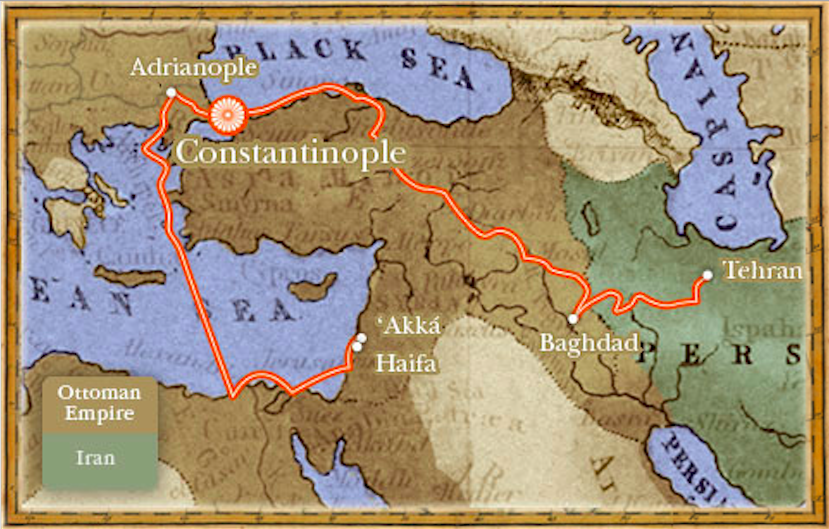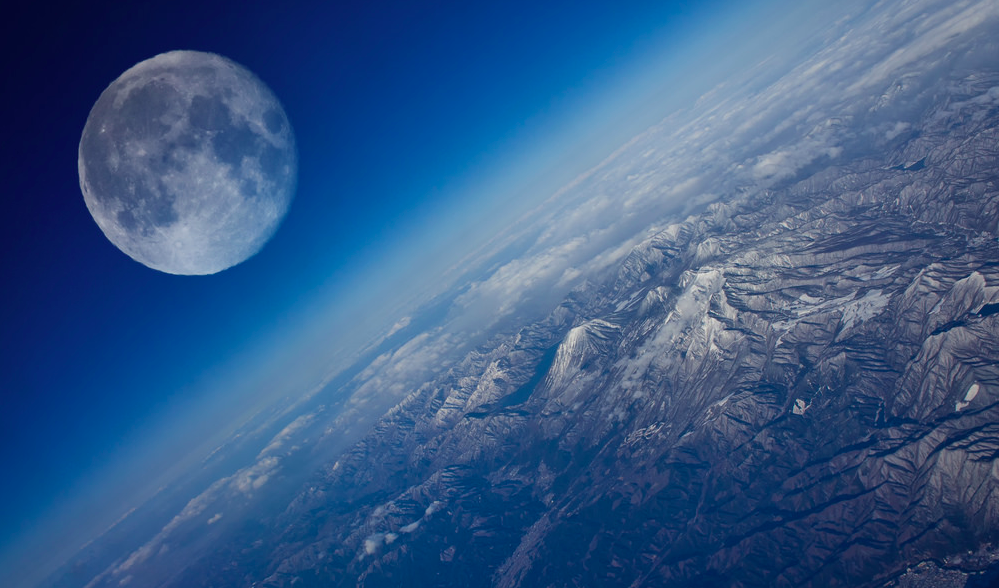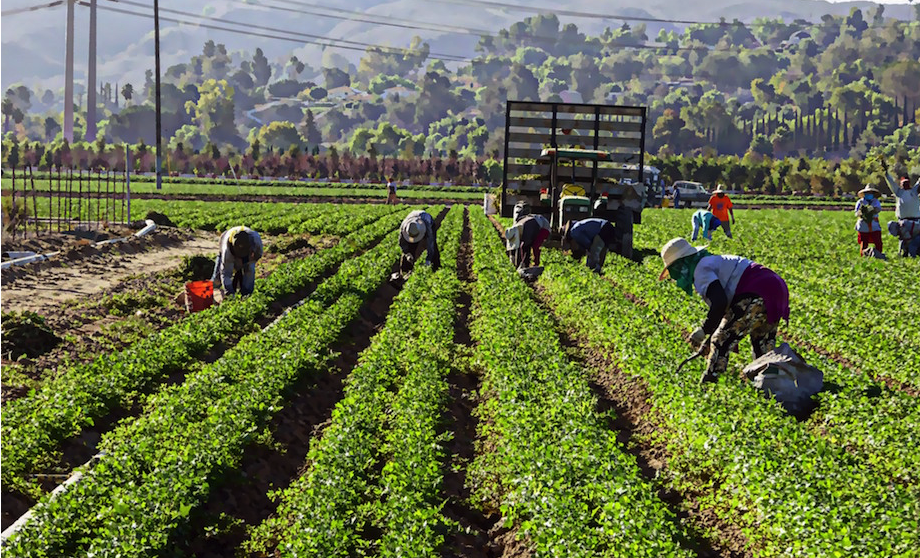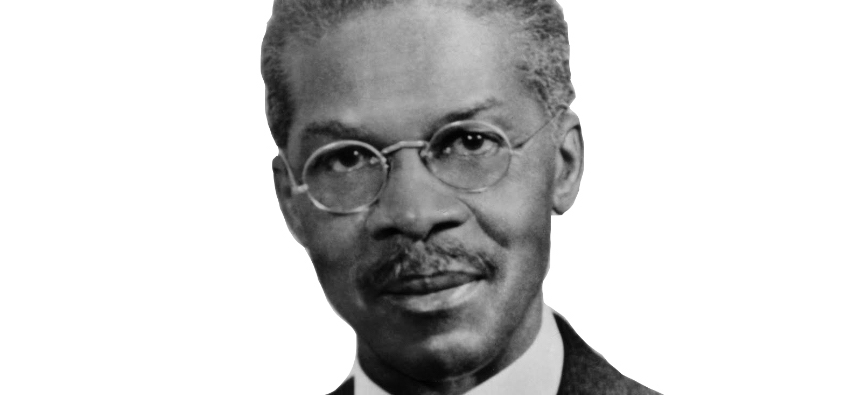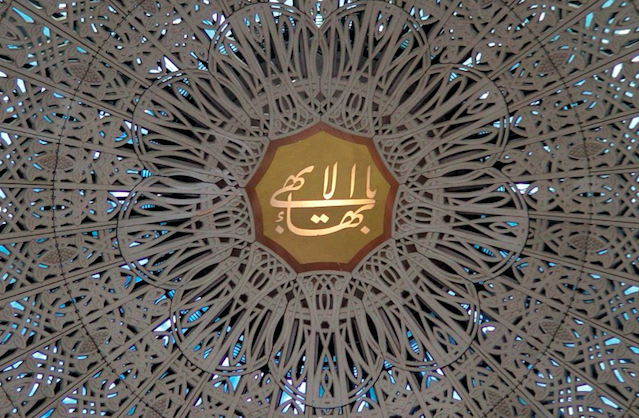-
Healing the Wounds of War: a Spiritual Axis
After World War 2 the world was in ruins. The nations that fought against each other in that war were the last people who you would think would naturally cooperate with each other in a common cause. In Australia, when I was growing up, there was still (if fading) a lingering collective memory among some of the Japanese as a hated and feared enemy, even though nowadays there is warm friendship between the two countries and peoples. Shoghi Effendi, who led the Baha’i community in this dark period of war, and in the subsequent decades, did not think like this. Where others saw enmity he saw connections. Thus he framed…
-
The House the Prince Wanted to Build
After Bahá’u’lláh had returned to Baghdad from his two years of withdrawal to the mountains of Kurdistan, he lived in a house close to the western bank of the Tigris River. This was the period when increasingly the Babi community began to turn to Bahá’u’lláh. Although he had not announced his mission, his writings and presence attracted the remnants of the followers of the Bab to him. During this period Bahá’u’lláh wrote works such as the Hidden Words and the Book of Certitude. The home where Bahá’u’lláh lived, a modest dwelling: become the focal center of a great number of seekers, visitors and pilgrims, including Kurds, Persians, Arabs and Turks, and … from…
-
Waging Peace in the Midst of War
As we have already seen, during World War 1 Abdu’l Baha wrote a series of letters to the Baha’is of North America. While the world was waging war, Abdu’l Baha was waging peace. This is the first of a series of articles with the aim of placing these letters in the context of events occurring in the war about the time the letters were being written. The letters could not be delivered until after the war. 26 March 1916 On this day allied delegates were arriving in Paris for an allied conference. The French government, which had convened the meeting, wished to ensure that no government would separately conclude peace…
-
Harmony of Science and Religion: History of an Idea
A Baha’i principle is that of harmony of science and religion. The use of “harmony” to express the relationship between science and religion is apt – as it captures the idea that each is incomplete without the other. Like notes in music, we don’t experience the beauty of the whole until we hear them together. Thus, as we have seen in previous articles, science is a means of freeing religion of superstition, prejudice and fanaticism and religion is a means of fostering the dedication of science to peace and human welfare. It is helpful to think about these concepts within the broader context of how the relationship between science and religion has been…
-
What’s Happening in October? 200th Anniversary Celebrations
This year marks the 200th anniversary of the birth of Baha’u’llah. The anniversary will be celebrated around the world on October 20 and 21. Baha’i communities everywhere will be hosting celebrations for their local areas. Two days are being celebrated is that the Baha’i Faith has two founding messengers (or manifestations) of God. The Bab and Bahá’u’lláh – and their birthdays are celebrated on successive days each year. The Bab, was the prophet-herald of the Baha’i Faith. The Bab prepared his followers for another prophet who would follow him – much in the way John the Baptist prepared people of his time for the coming of Jesus. Bahá’u’lláh was that…
-
Tanna: Temple in the Heart of the Ocean
The secular and religious powers of his time bent every energy to silence Baha’u’llah and prevent his teachings reaching humanity. It did not concern Baha’u’llah. He wrote: Should they attempt to conceal His light on the continent, He will assuredly rear His head in the midmost heart of the ocean and, raising His voice, proclaim: ‘I am the lifegiver of the world!’[1] The Pacific is the greatest ocean of the planet. It is also the place where the highest proportion of Baha’is are found. Places like Nauru, Tonga, Tuvalu, Vanuatu and Papua New Guinea are the most responsive places in the world to the Baha’i Faith. Tanna, an island of Vanuatu is one of the…
-
Human Nature and the Temple at the Dawn of Time: Gobekli Tepe
In the last twenty or so years archeologists have excavated a temple that was built so long ago that no human being had yet thought of planting a crop. It was built so long ago that only stones and bones were used to create it and the many works of art that adorn it. The temple was built before the wheel, before animal husbandry and before the creation of pottery. It precedes large scale government. It precedes the invention of armies, cities and empires. It was created by people who hunted and gathered to collect their food. The temple’s scale forces us to rethink everything we thought we knew about…
-
Right Livelihood: The Case of Thomas Breakwell
Buddhism has a beautiful way of summarising “the good life”. It is symbolised by an eight-spoked wheel. Each spoke of the wheel represents a right way of being – qualities such as “right speech”, “right conduct” and “right mindfulness”. Among the spokes is “right livelihood” and this is where we pick up the story of Thomas Breakwell, for the principle concerns him. Thomas Breakwell became a Baha’i in 1901, one of the earliest westerners to enter the Baha’i Faith. He was a young man aged only 30. He was born in 1872, the son of an ironmonger. He was raised a Methodist and later his family had emigrated to the…
-
Workers’ Rights
As we have seen in previous articles, Bahá’u’lláh was concerned with the extremes of wealth and poverty he saw in society. He was concerned when the governors of society “reared palaces for themselves” at the cost of the poverty of their people. We has seen how, in freeing slaves he inherited with his family estate, Baha’u’llah affirmed the essential dignity and equality of all human beings. He was concerned also that workers’ received their proper due for work they performed. The people of Bahá should not deny any soul the reward due to him, should treat craftsmen with deference, and, unlike the people aforetime, should not defile their tongues with abuse.[1] Abdu’l…
